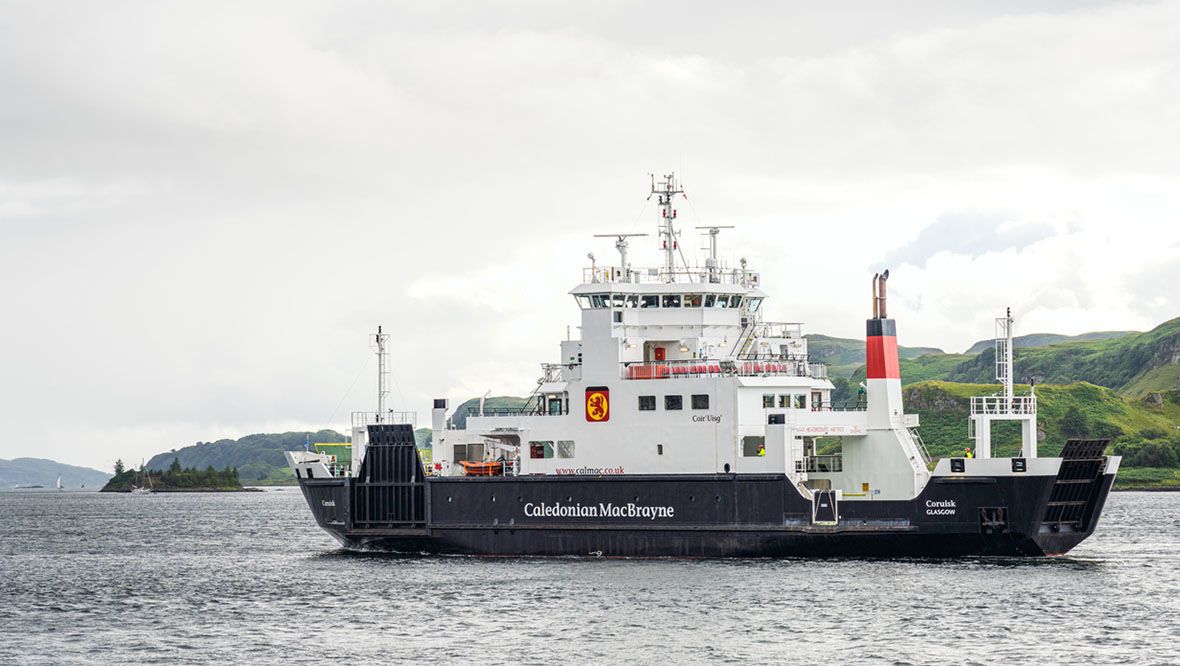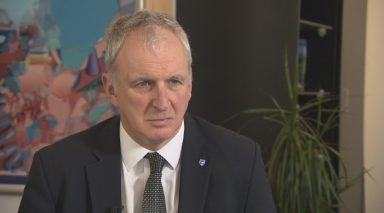Jenny Gilruth is Scotland’s new transport minister after Graeme Dey stood down for health reasons.
Gilruth is inheriting wide-ranging challenges – from the continuing ferry disruption to the forthcoming nationalisation of the railways; from the plague of potholes to the drive to reduce carbon emissions.
The Scottish Government published a blueprint last week setting out its transport investment priorities for the next two decades.
Scotland Tonight asked transport expert Professor Iain Docherty to outline the three main challenges facing the new minister.
Getting people back on public transport
Prof Docherty: One of the stories of the pandemic has been the fall in use of both buses and trains. It looked like we were having something of a recovery and then Omicron came along.
The most recent figure I’ve seen of people using the train is still only about half what it was before Covid, and it’s only a little bit better on the buses.
That’s obviously costing the government and the taxpayer a lot of money in emergency funding, so she will want to make sure we attract people back to those services as quickly as possible.
Meeting net-zero climate targets
Everyday investment in walking and cycling is about shifting the agenda away from what it’s been in the past, which has been maximising capacity on the roads, and moving our investment choices to something much more sustainable.
Investment has to be there – there is no way we can get to net-zero without this level of investment in walking and cycling and making it easier for us.
But there’s also no way we can get there without much greater use of public transport; both the existing bus and train networks, but also these new services like the metro in Glasgow and other rapid transit extensions in Edinburgh and Aberdeen.
Making rural and long-distance infrastructure more resilient to the impacts of climate change is also really important.
For example, the Rest and Be Thankful has become problematic for people and communities in Argyll because of the number of times it has closed because of landslides.
Learning from the ‘ferry fiasco’
Background: Minister denies ferry procurement was ‘catastrophic failure’
I don’t think anybody in the government would regard their record on procuring ferries as one of the highlights of its performance over recent years.
We are trying to do something which is quite innovative. These ferries are not the same as the ones we have built before. They are there to service communities for the long term, they are designed to be much lower carbon than the fleet they are replacing.
Some of this stuff is quite difficult, but the government is there to learn from these things and it needs to make sure it can deliver.
Follow STV News on WhatsApp
Scan the QR code on your mobile device for all the latest news from around the country





























